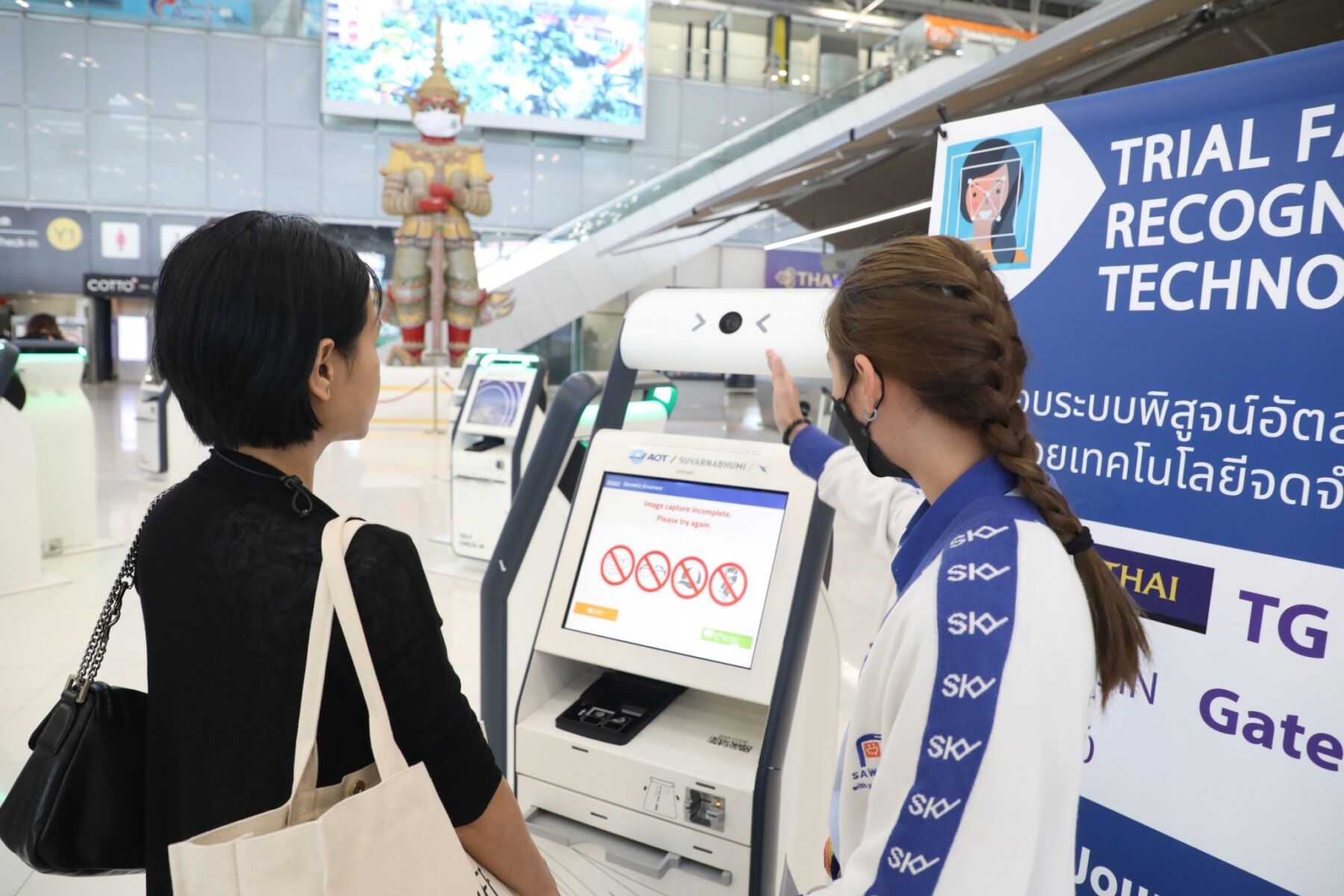Thailand’s biometric scheme for Myanmar nationals

Thailand’s latest move has sent shockwaves through the region as the government unveils a plan to gather biometric data from Myanmar nationals. But behind the guise of healthcare efficiency lies a shadow of suspicion and fear.
To streamline healthcare for its transient population, Thailand has launched a controversial programme, gathering iris and face biometrics from Myanmar nationals. But as concerns over privacy and human rights escalate, critics warn of a perilous path ahead.
Radio Free Asia reports that over 10,000 Myanmar nationals have already been subjected to biometric data collection, spearheaded by Thailand’s Department of Disease Control. The initiative claims noble intentions – facilitating vaccine distribution among the mobile population. Yet, it has raised eyebrows among rights groups, fearing potential abuses.
Currently limited to select provinces with significant Myanmar communities, the programme aims to amass a million profiles, intertwining biometrics with personal data. Despite assurances of voluntariness from authorities, anxieties persist, especially among vulnerable groups like political dissidents and migrant workers.
Amidst assurances of safeguarding data from hostile actors, doubts loom large. The looming spectre of a national biometric database further fuels apprehensions, reported Biometric Update.
Thailand’s nascent privacy laws and historical precedents of data misuse exacerbate concerns, leaving many questioning the true motives behind the scheme.
In related news, Thailand has been identified as a hotbed for Trojan malware that steals biometric data, such as facial recognition, as the country’s rate of cyber-attacks exceeds the global average over the last half of 2023, according to state reports from top cybersecurity companies.
Andrey Polovinkin, a malware analyst at the Singapore-based cybersecurity firm Group-IB, warned that biometric systems may fall prey to advanced cyber-attacks, even though they generally offer improved security.
In other news, Prime Minister Srettha Thavisin paid a surprise visit to Suvarnabhumi International Airport on the morning of February 5, amongst reports of a biometric system glitch that threw the airport into chaos during rush hours.
Latest Thailand News
Follow The Thaiger on Google News:


























